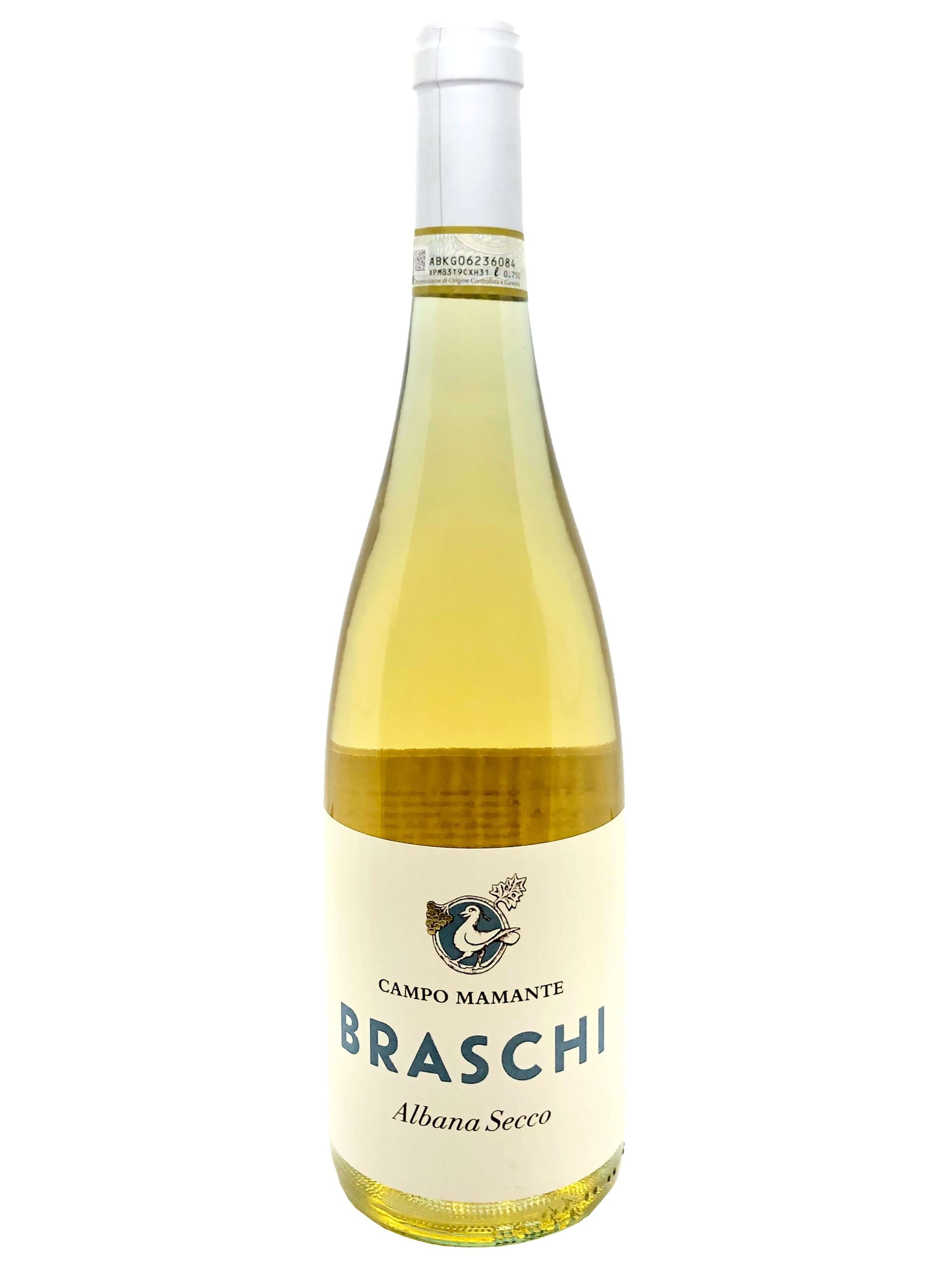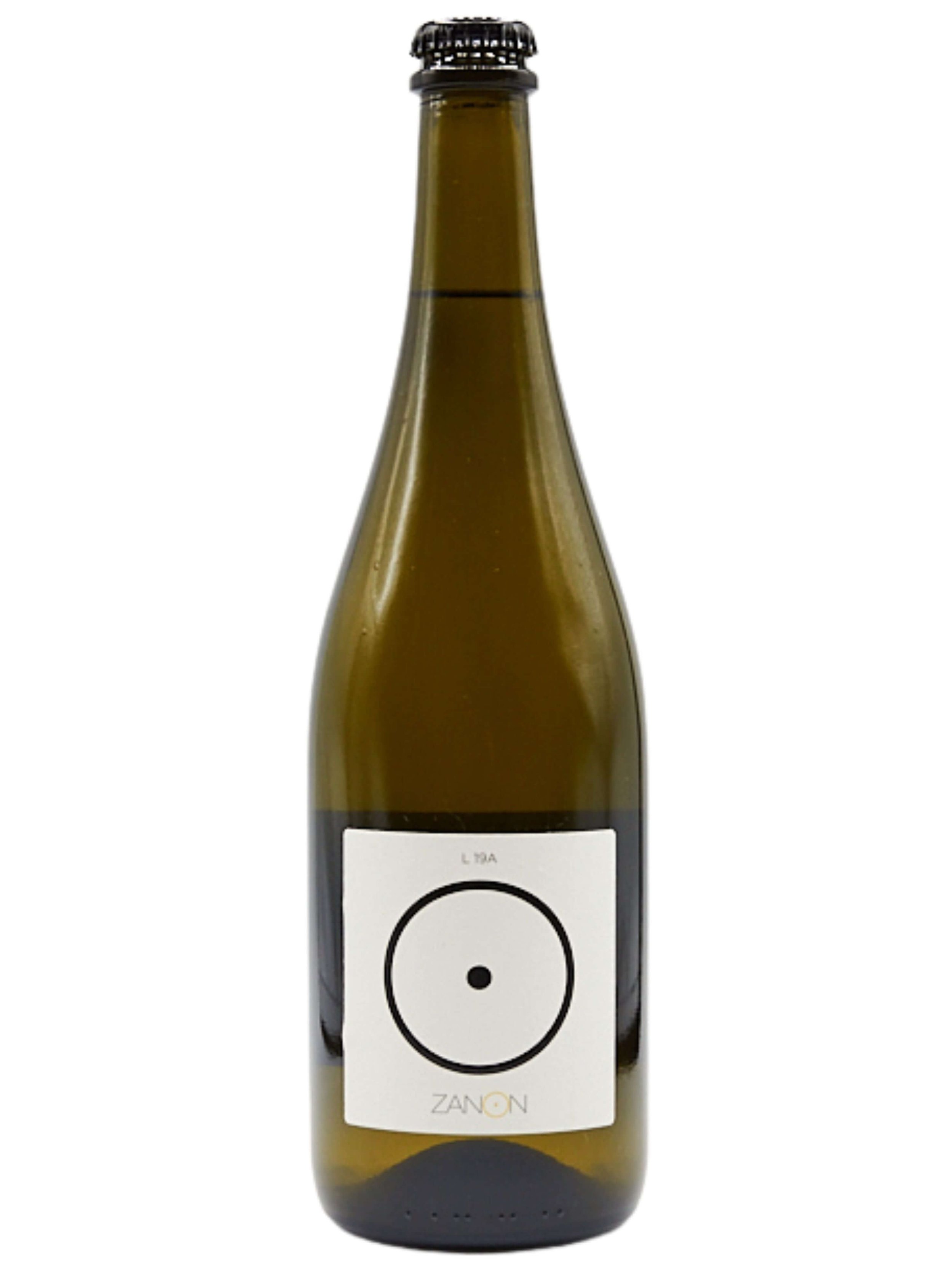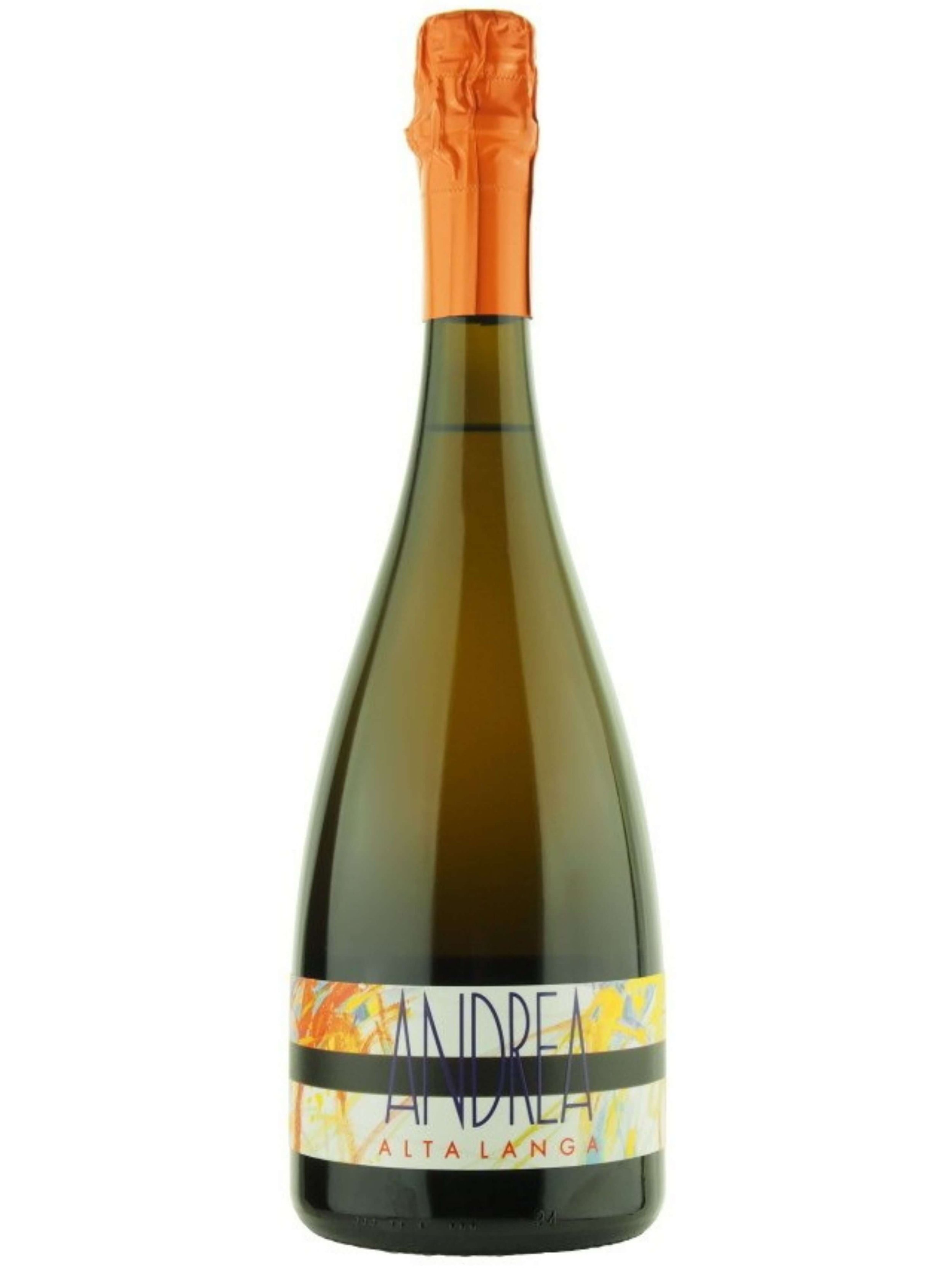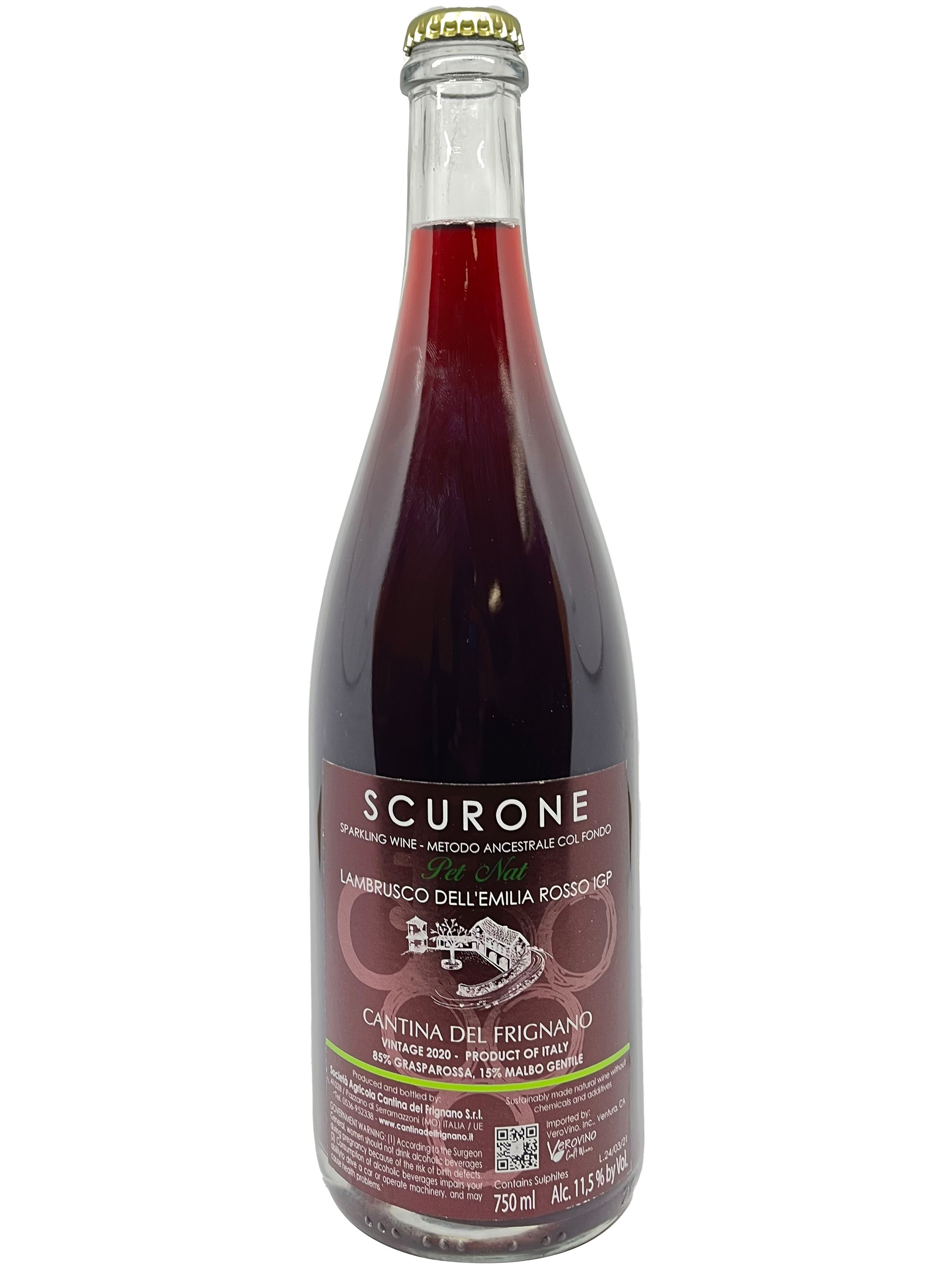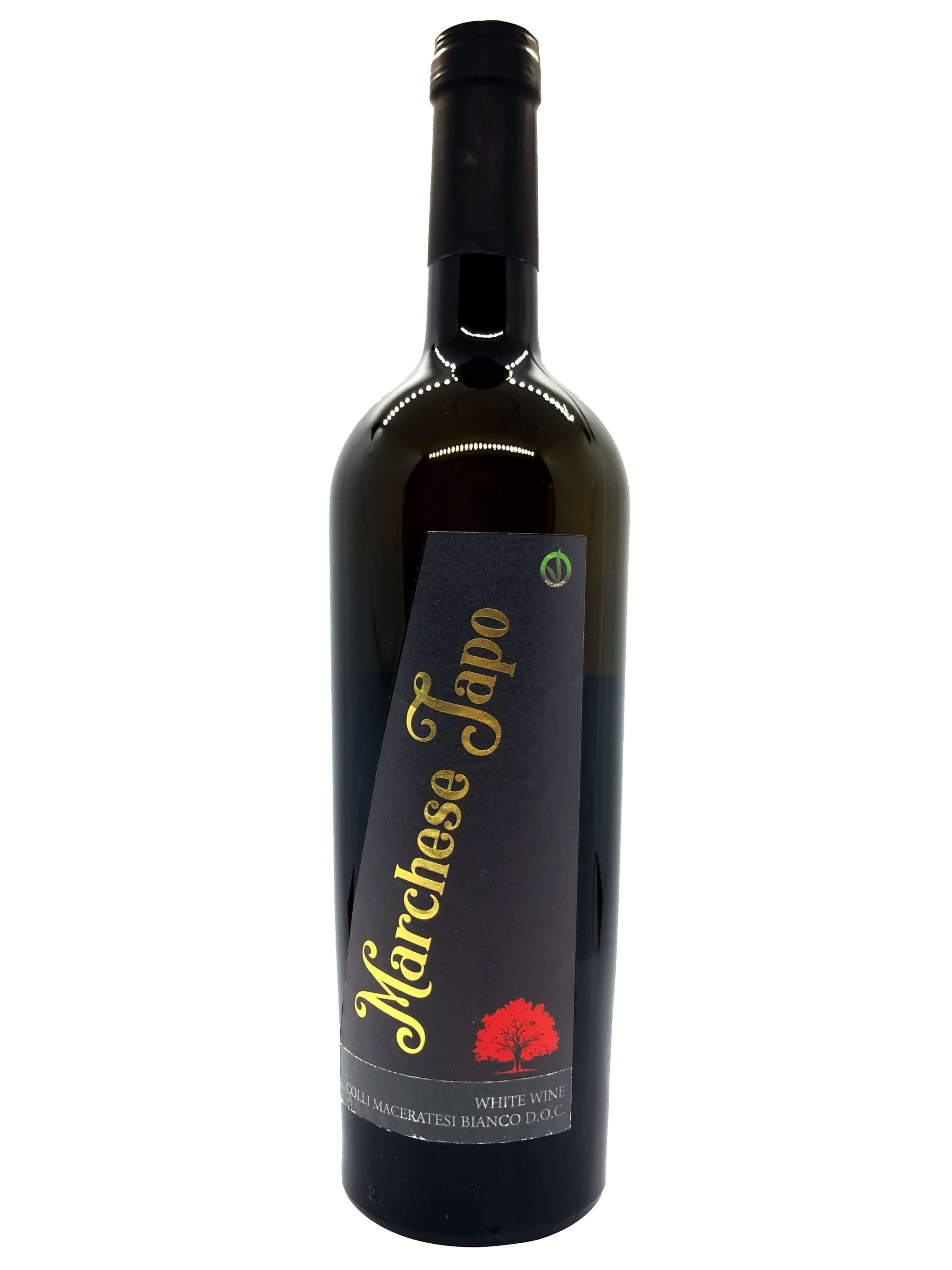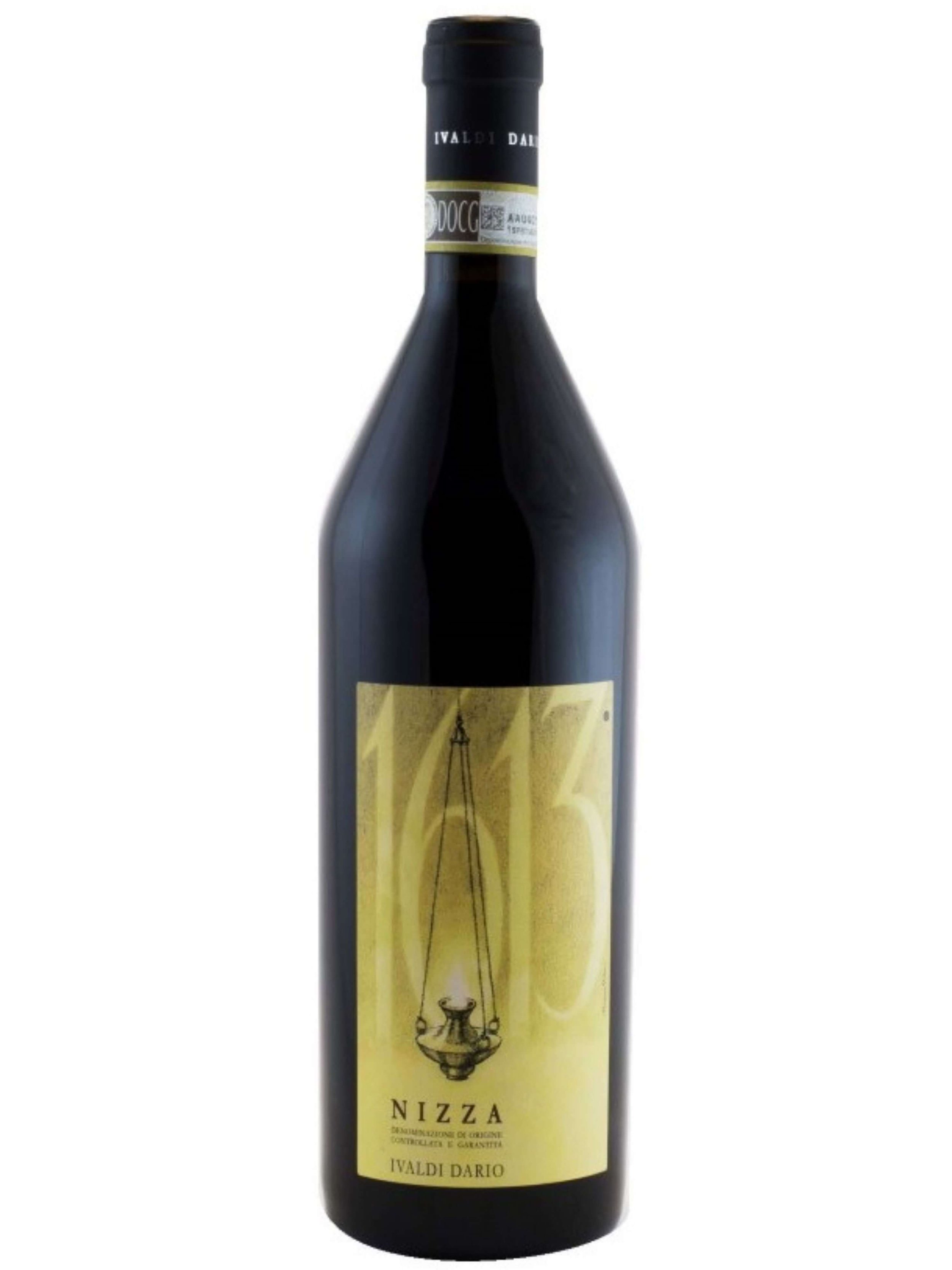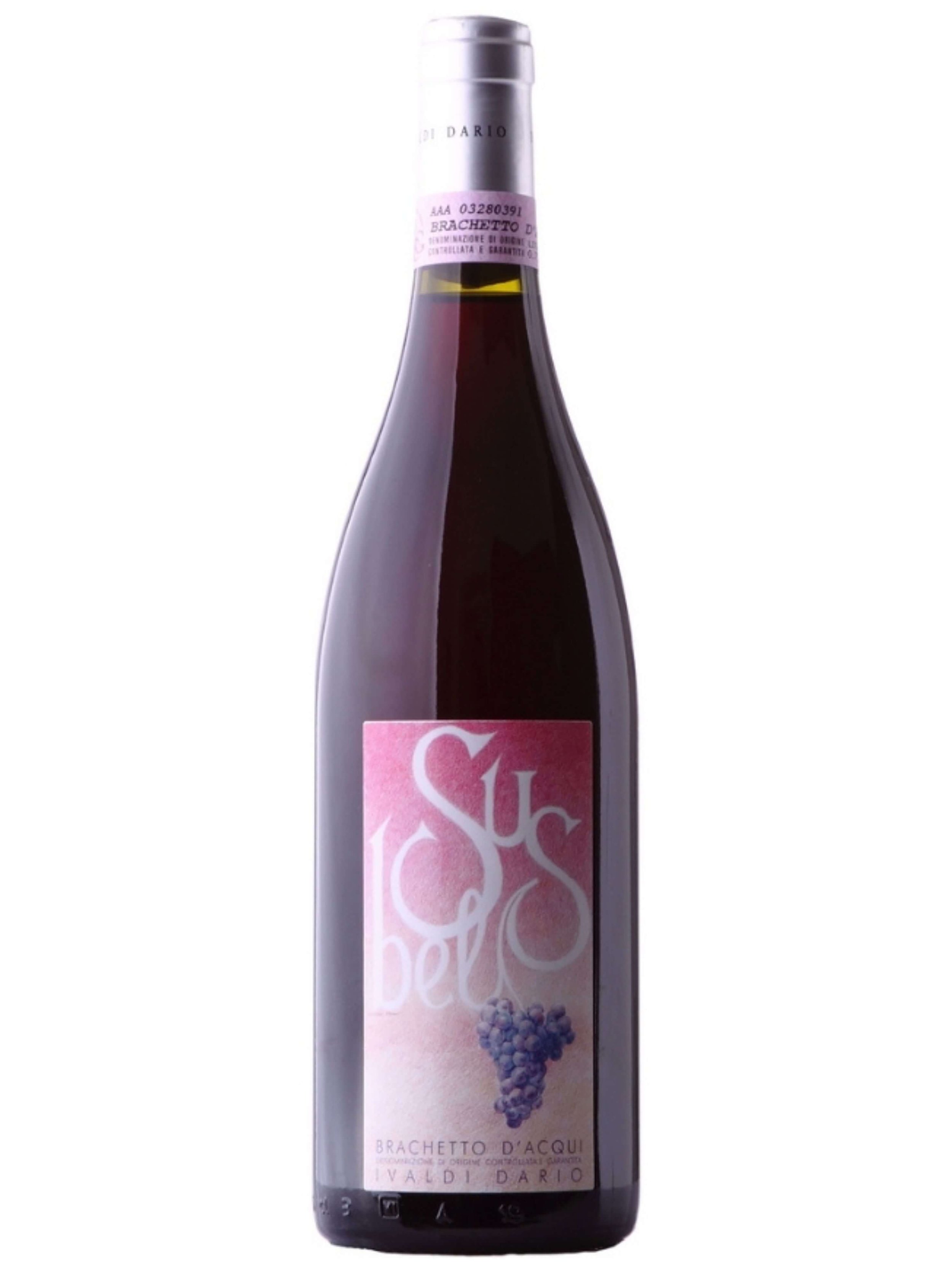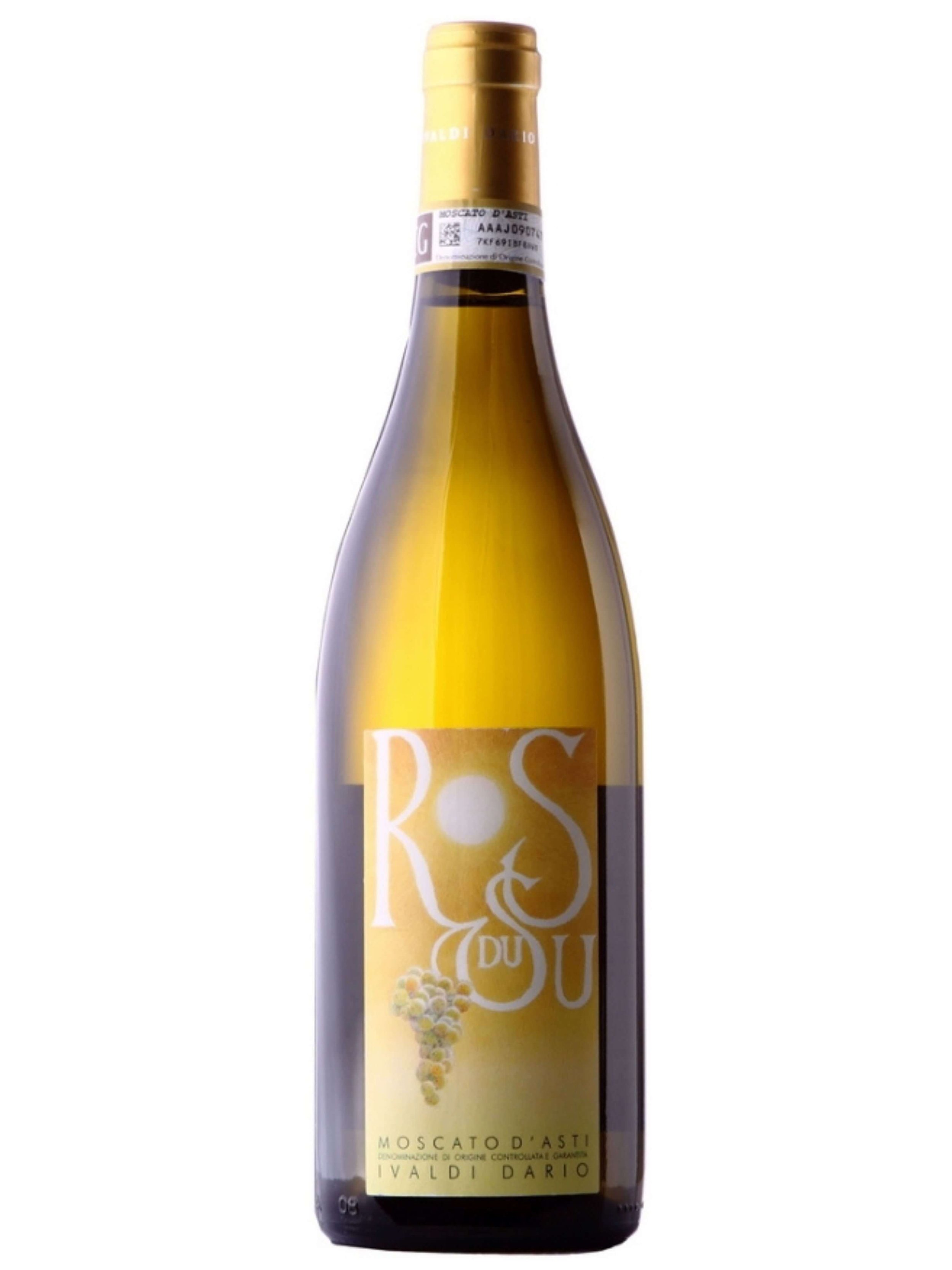Explore the Wine Roads Less Travelled
It is hard to forget the immortal poem “The Road Not Taken” by Robert Frost, that many of us in grade school were forced to memorize, while perhaps not fully appreciating the true meaning until later in life.
In the poem , Frost is met with a splitting of paths: one taken by many and well marked, the other with “… leaves no step had trodden black”.
Which path did he choose?
“I — I took the one less traveled by, And that has made all the difference.”
We, here at Vero, have taken Robert Frost’s words to heart by trailblazing with wines, and olive oils, unknown by the US market. When you select a wine that is truly unique and authentic, just by opening the bottle and pouring a glass, you can be transported to a magical place.
When a wine is authentically grown, made, bottled, and sealed all in its place of origin, the wine can take you to the lakes of Italy, the hills of Tuscany, and the heart of France; it allows the wine explorer to travel vicariously with the wine to many different places around the world.
In doing so, you can maximize the enjoyment of a wine by going 1 step further to learn and experience the culture of that place. After all, wine styles, flavors, varieties, all grow and morph based on the history, culture, and traditions of an area. Think how Czech wines have historically been off-dry due to the cold weather that produced highly acidic grapes that needed sugar to balance the acidity. Like fresh produce at a farmer’s market, good wine represents its culture and nature surrounding.
Mindful drinking is about being conscious of where wine come from, also the history & culture behind it.
While the US moves towards more health-conscious living, people are embracing mindfulness in eating and drinking. This approach has already been part of our ethos, as we shared our “drink less but better” philosophy in this mindful drinking article. It’s like when you are on a diet and want to make every calorie count by choosing the best foods, mindful drinking is similar.
When you tie a wine to the place, culture, and history where it’s from, it makes you enjoy the wine more. Each sip of a wine becomes an experience unto itself. Then when you are with others, the enjoyment gets magnified as you share together. Add some good food to pair with, ideally from the same place as the wine, and what do you get? A special, memorable meal and gathering.
Let’s explore ways you can look at wine through a new lens by understanding how the history and culture of an area shapes the wine we pour into our glass.
What Affects Wine Traditions?
When a wine is authentic and estate grown and made, that bottle represents the unique microcosm where it was created: a blending of history and culture of the area.
Is history or culture the bigger influence?
It is a bit like the chicken-and- egg metaphor: history influences culture, and culture influences history. Then, the remnants stay alive and play out in the daily lives of the people that live there. Over time, the world learns about that “place” and an image (think brand) is created, shaped by tourism and people traveling to the area.
History and Culture
The map of “Europe” as we know it today is a recent invention. Countries and borders were shifted and redrawn in the 20th century by the world wars and even into the ‘90s, like the division of the Czechoslovakia. As a result, some Europeans have had their citizenships swapped to different nationalities without ever leaving their homes. With politically drawn borders, it’s just the cartography that shifts, not the culture. While an area might be in one country, it is very probable that only a few decades ago it was another country’s territory. This leads to areas near borders to be unique due to the blending of histories, cultures, languages, mannerisms, wine, food, architecture, etc., with neighbors on the other side of the border.
The mix of cultures in border regions show hallmarks of both the regions, morphing into a separate unique culture showing the influences of both countries, making them this fabulous place to experience multiple cultures and norms, but all through 1 lens.
Take, for one example, the area of the North Adriatic. Situated around the northern end of the Adriatic Sea, the sea that forms the eastern side of the Italian Peninsula, we find Italy, Slovenia, and Croatia hugging the northern end of the Adriatic Sea to form the northern coast of the sea. The area as we know it today was politically defined after World Wat II and the fall of communism in Eastern Europe. As a result, regions like Friuli Venezia Giulia in Italy, bordered by Austria and Slovenia, have a very distinct culture from the rest of Italy.
When we search for wines that are from these constantly shifting areas, like those of Vigna Petrussa in Friuli Venezia Giulia, aka Friuli, we have the opportunity to taste a unique slice of the world, where the blending of cultures and peoples result in wines crafted using the knowledge, traditions and inspiration of the unique blend of culture of, not only the region, but down to the specific town. In the case of Vigna Petrussa, they are influenced by the unique history and culture specific to the village of Albana in the municipality of Prepotto in the region of Friuli, with the border of Slovenia just steps away from their vineyards. If you go south, just less than a kilometer away from Vigna Petrussa, you’re in a separate village and municipality with its own microcosm of culture that is different from Vigna Petrussa.
This ancient Lombard helmut is the symbol of Vigna Petrussa in Fruili, demonstrating their deep roots to their land and history.
Historically, aside from these shifting geopolitical borders that often leave cultures blended and mixed, there are very few parts of Europe that remain untouched by key historical figures and events. The impact is not just to cities, landscapes and written history, but also in wine and food. Today, you can enjoy wines which were the favorite wines of important people, like Roman Empress Galla Placidia in the 5th century that loved Albana from Romagna , and the Medieval woman ruler Matilde di Canossa in the 11th century who put Lambrusco on the Italian wine map.
Wine can also be inspired by events shaping an area. Take Monferrato for example. In 1613 the Mantuan army laid siege to the city of Nizza Monferrato in the Asti province of Piedmont. The local people huddled for shelter in the church, in the dark with no supplies. Yet, one lamp, while apparently empty of oil, burst into flames all by itself, giving the people light and hope to survive the night of siege. It burned all night, and is an event called “the Miracle of the Lamp”. It is an event represented by both name and image on the bottle of Ivaldi Nizza DOCG, called 1613.
Touches of history, people, and culture can be found all throughout the wine world, be it in the grapes used today, the methods utilized, or even in what local winemakers choose to name their wines to honor events and people that were crucial to forming the landscape and place where they practice their craft.
Tourism
Tourism affects our wine not necessarily in a practical crafting sense, but also in a marketing sense. Consumer demand can influence which grapes a winemaker plants, Think how the popularity of Pinot Grigio in areas such as Veneto and Friuli, has led to large quantities of low quality wine, leading to a lower popular opinion of Italian white wine, a topic we cover in depth in this article.
Areas can also be heavily influenced by tourism. Local associations often target foreign tourists advertising different “types” of tourism, often leveraging existing “brand images.” This then attracts a certain segment of tourists based on the portrayed image and their economic appetite. For example, in a country like Italy whose GDP is heavily dependent on tourism, factors like these can weighs heavily on the quality and prices of products that are made locally based on whether or not they are catering to a certain type of tourist.
The more popular a place gets, the more the brand image develops and gets stronger. Think Tuscany, which we probably first learned about when studying the Renaissance in school. Then, out comes a book and movie like Under the Tuscan Sun, and the brand image gets cemented with Tuscan becoming an adjective that inspires even kitchen and house construction, let alone the many bucket lists of Americans that “have to” go to Tuscany.
Areas where nobility once hung out can become more ‘prestigious’. Today, these images can be shaped by celebrity and fame. For this, look at Lake Como. While always a nice area, the arrival of stars such as George Clooney have pushed the area to a new level of opulence, and high prices.
We can find even more authentic representations of wine and the culture behind it when we go off the beaten path from these tourist areas. When you explore with an open mind regions of different countries and the cultures, wines and foods that come from those places, the doors of discovery are opened, leading to learning and fun and joyful experiences.
This means looking outside of the usual “go-to” touristy cities and areas, and heading out into the countryside down unbeaten paths. For example, step out of the famous Langhe and go to Monferrato. Or from Tuscany go to Romagna. Or, stray truly into undiscovered Italy with coastal regions like Le Marche and Abruzzo. All of these regions and the people in them offer ample opportunity to discover wines, culture, and history.
Walk around Vigna Petrussa’s winery and you find many symbols of the past.
Wines That Represent History and Culture
When you know the culture and history behind the wine, you enjoy and appreciate what you have in your glass even more. But there is also another aspect of enjoyment that we have not yet covered: food!
Each wine, place, and dish can be, on their own, separate articles, but for the sake of brevity, let’s go over a few examples where we blend history, culture, tourism, and food all into your wine selection.
Aperitivo or Starters
There’s nothing like starting off an evening or get together than with the well recognized POP of a sparkling wine cork. Integrate historical fun facts into your next gathering by including a wine like Zanon’s Col Fondo. Made with the Prosecco grape glera, it is made in the ancestral method, which is how sparkling wines were made “way back when”. Or branch off the chokehold French Champagne has on sparkling wine with other traditional method wines (made in the same way as Champagne) like Ivaldi’s Andrea Alta Langa and Sandro de Bruno’s Durello.
If you prefer white wines, go for Albana the choice of the Roman empress Galla Placidia.
Either choice will be a great way to start conversations at your next party.
Lighter Fare
Vegetarian inspired dishes, salads, even light lunches or first courses are always interesting to pair wine with. Bring out history with a Lambrusco, much loved by medieval woman power-house Matilde di Canossa, like woman-made Frignano Scurone. Or, go off the beaten tourist path to regions like Le Marche and Abruzzo with Quercia Scarlatta’s Marchese Japo and Febo’s Parella.
Heavier Fare
When we move onto rich pasta sauces or meat based dishes, this is where our big bold red wines shine. Go off the beaten path into undiscovered Friuli Venezia Giulia with Vigna Petrussa’s Schioppettino di Prepotto. Or explore less common corners of popular areas like with a single vineyard wine, like Aldo Clerico’s Barolo Ginestra. Lastly, you can add history to your table (alongside an off the beaten path region) with Ivaldi’s 1613 Nizza, its name, as we mentioned earlier, inspired by an important local event.
Desserts
To satisfy your sweet tooth, or wrap up your meal, pair sweet with sweet and look for dessert wines. This is where off the beaten path regions shine, whether it be the Monferrato with Ivaldi’s Susbel Brachetto d’Acqui and Ivaldi’s Ros du Su Moscato d’Asti, or the Friulian Vigna Petrussa’s Picolit, a uniquely crafted wine will find its way into your glass.
Start Exploring Roads Less Travelled Through Your Wine Glass
We exist to allow all Americans, across the US, from businesses to consumers, to experience the pleasures of these farm to glass wines from off the beaten path untouristy areas, and really good olive oils too. How can you get your hands on the hidden gems we forage for?
If you are a distributor reach out to us introduce our highly curated portfolio of one of a kind small production wines to your state.
We sell to wine stores and restaurants in certain states - contact us to learn more.
If our farm crafted natural wines and olive oils are not in your local shop or restaurant, buy wine online here, and we’ll ship it to you, including wine gifts.
We also have an award winning wine club for true wine explorers that are seeking to continually discover unique, sustainable and authentic small production wines they never had. These are wines selected by our sommeliers and curated for each box.
We do corporate gifts and sommelier guided wine tastings. Email us and we’ll tailor unique and sustainable corporate gift ideas.




